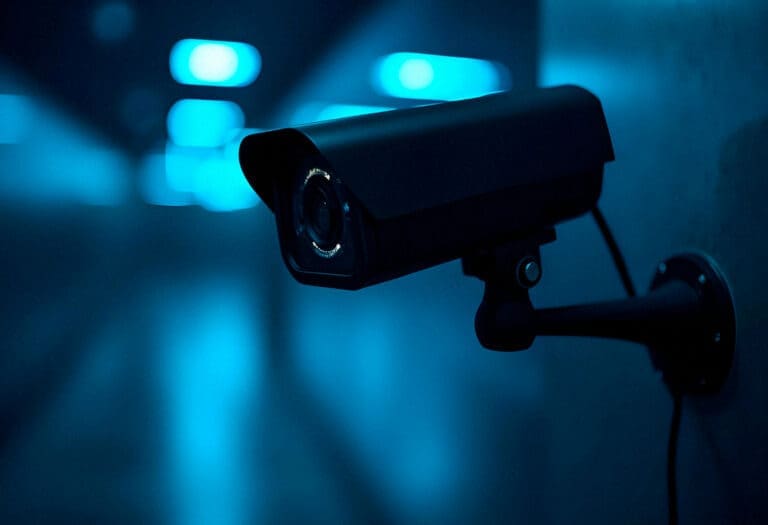AfriForum has brought a court application challenging the City of Johannesburg’s by-law that seeks to regulate and control CCTV networks installed in public spaces and private property.
AfriForum says it brought the court application in the High Court in Johannesburg on Friday, 18 July 2025, to challenge the Johannesburg Metropolitan Municipality’s controversial CCTV by-law.
The by-law seeks to regulate and control CCTV networks installed in public spaces and private property of which the range and angle of coverage include public space.
“The use of traditional CCTV cameras, drones, automatic number plate recognition systems and even body-worn cameras will be regulated by this by-law,” explained AfriForum.
The civil rights organisation said it has requested the court to declare this by-law “unconstitutional, unlawful and invalid”.
Commenting on the matter, Jacques Broodryk, AfriForum’s Chief Spokesperson for Community Safety, said: “This by-law is a blatant power grab disguised as regulation”.
“It is nothing more than an attempt to seize years of private investment, undermine the right to privacy and centralise surveillance power in the hands of a municipality that has consistently failed to uphold public safety.”
The by-law, which was published in the Provincial Gazette on 28 February 2025, allows city officials to demand access to private CCTV infrastructure, dictate fees and tariffs, and even confiscate or destroy cameras without a court order.
It also creates sweeping powers for undefined “authorised officials” to access surveillance data, control private security networks, and restrict the legal use of footage collected by community and commercial systems.
AfriFoum said in its court papers that it argues that the Metro failed to conduct proper public participation, as required by the Municipal Systems Act.
“The by-law infringes on several constitutional rights, including the rights to privacy, property, security, freedom of trade and administrative justice,” AfriForum said.
The infringements include:
- There is no legal or constitutional mandate allowing a municipality to regulate or charge fees for private security infrastructure on private property.
- Tariffs and permit systems are irrational and arbitrary, with no justification since the Metro does not render or maintain the services in question.
- Key sections of the by-law are incomplete, vague, and impossible to comply with, including references to missing application forms and schedules.
AfriForum also argues that the by-law undermines the Private Security Industry Regulation Act and the Protection of Personal Information Act (POPIA) by imposing additional restrictions on private data use and surveillance operations.
“This case shows that the core issue in public safety isn’t a lack of regulation but a lack of enforcement and rampant political interference,” said Broodryk.
“The fact that the Metro now wants to hijack community-run camera networks without offering a cent in compensation is just another form of expropriation without compensation.”
AfriForum has proposed that rather than seizing private infrastructure, the Metro should work with voluntary safety networks like AfriForum’s neighbourhood watches, which operate CCTV and patrol systems in areas like Roodepoort and Johannesburg North, providing real-time data and assistance to law enforcement.
“AfriForum is not anti-cooperation, but we have proven models of supporting the South African Police Service (SAPS) and metro police through shared intelligence and camera systems,” said Broodryk.
“What we do oppose is forced control, fees, surveillance creep, and regulatory abuse.”
AfriForum said it was seeking a court order to have the by-law set aside in its entirety, with costs against the Johannesburg Metro.
“A date for the hearing of the application will be confirmed by the High Court,” AfriForum said.
- This article was originally published by The Bulrushes. It is republished by TechFinancials under a Creative Commons Attribution-NoDerivatives 4.0 International Licence. Read the original article



